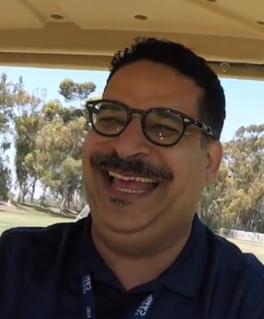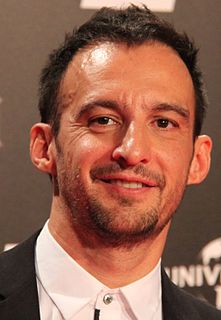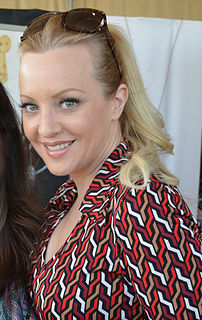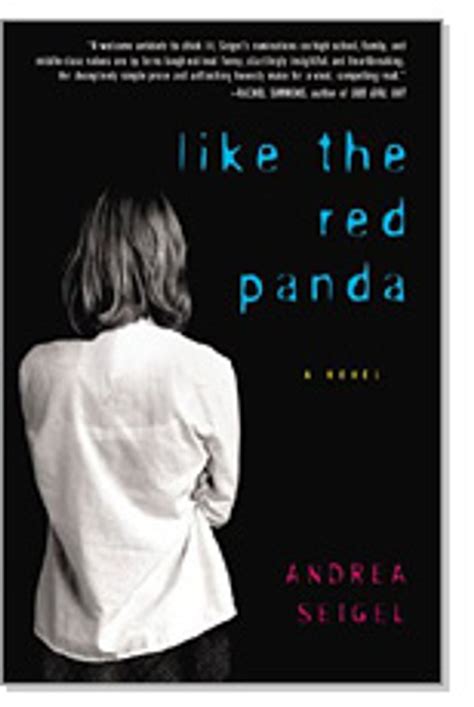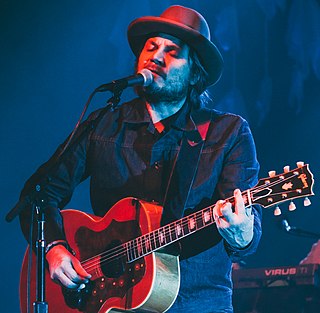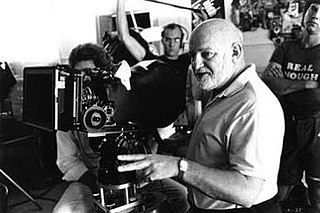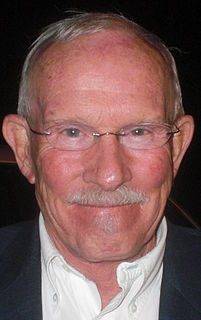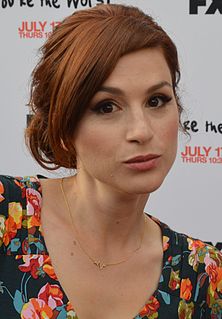A Quote by Milana Vayntrub
When I direct - everything I've directed has had improv in it, because I think there's something special in a performance the first time it's said out loud that's hard to recreate.
Related Quotes
I think with improv - and I say it all the time because it's become such a catch thing that you talk about improv - if the scene is well-written, you don't need to improv. But that being said, if something strikes you in the moment and, most importantly, you know where the scene is supposed to go, it's no different than method acting.
I think the best compliment you can receive is not, 'Oh, that was really funny,' but, 'Is that the first time you said that?' It's something that you've said a thousand times, but if somebody says to you, 'Oh my God, is that the first time you've done that?' you know that performance was where you wanted it.
The first of the four noble truths of Buddhism, that there is suffering in life, was enormously important to me. No one had ever said it out loud. That had been my experience, of course, but no one had ever talked about it. I didn't know what to do with all the fear and emotions within, and here was the Buddha saying this truth right out loud.
Performance is really an important part of how I edit. I sometimes take something out because I realize I put in a joke just to be funny and the audience laughed, but I should be ashamed of myself. I sometimes take out sentences, which are perfectly fine on paper, just because they don't flow when I say them out loud. I always read my work out loud now.
For my first movie, I think my first cut was like three hours, because when you first direct a movie, you want to keep everything. But I'm not one of those directors who falls in love with the stuff they've done. Already when I'm doing my first cut, I'm willing to cut out everything that is necessary.
Improv is more than just spitting out a bunch of funny stuff that's unrelated to the material. You have to stay in character, you have to react and respond as the character you're trying to play. You have to service the story, and I think improv training has helped with my listening, responding, and my audition technique. It's sounds so silly, but it's true. Because not only do you improvise during the audition, but once you get the part, they'll say, "Throw away everything. Just improv this scene. Do whatever you want." Someone could panic if they're not used to doing something like that.
Professor Irwin Corey had some of the best timing in the world, and that is something you can't steal. He talked nonsense, not punch-lines, per se. It was a great performance thing he did and his timing was impeccable. Pat Paulsen was a master of comedy too. The Smothers Brothers' strength was not in the content, but how it was said. We had a couple of our albums, including the Purple Onion album, translated in script form. It didn't work at all. It is no wonder that writers had a hard time writing for the Smothers Brothers, because they wrote impressions, but there was something else.
A defining moment in my life was my first actual VMA performance… That was the first time in my head I said I made it. Everybody knows who you are now. At that point everything in my life was flawless… I was just overwhelmed, I was happy, I was successful as an artist. I think I was in cruise control – like a little bit of bliss.


